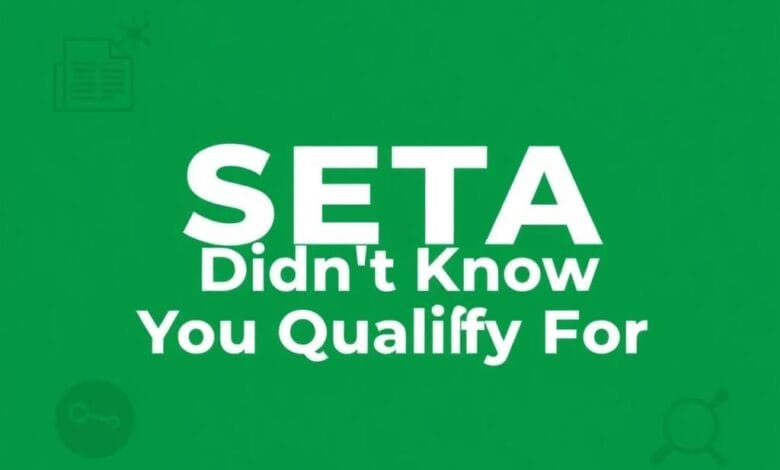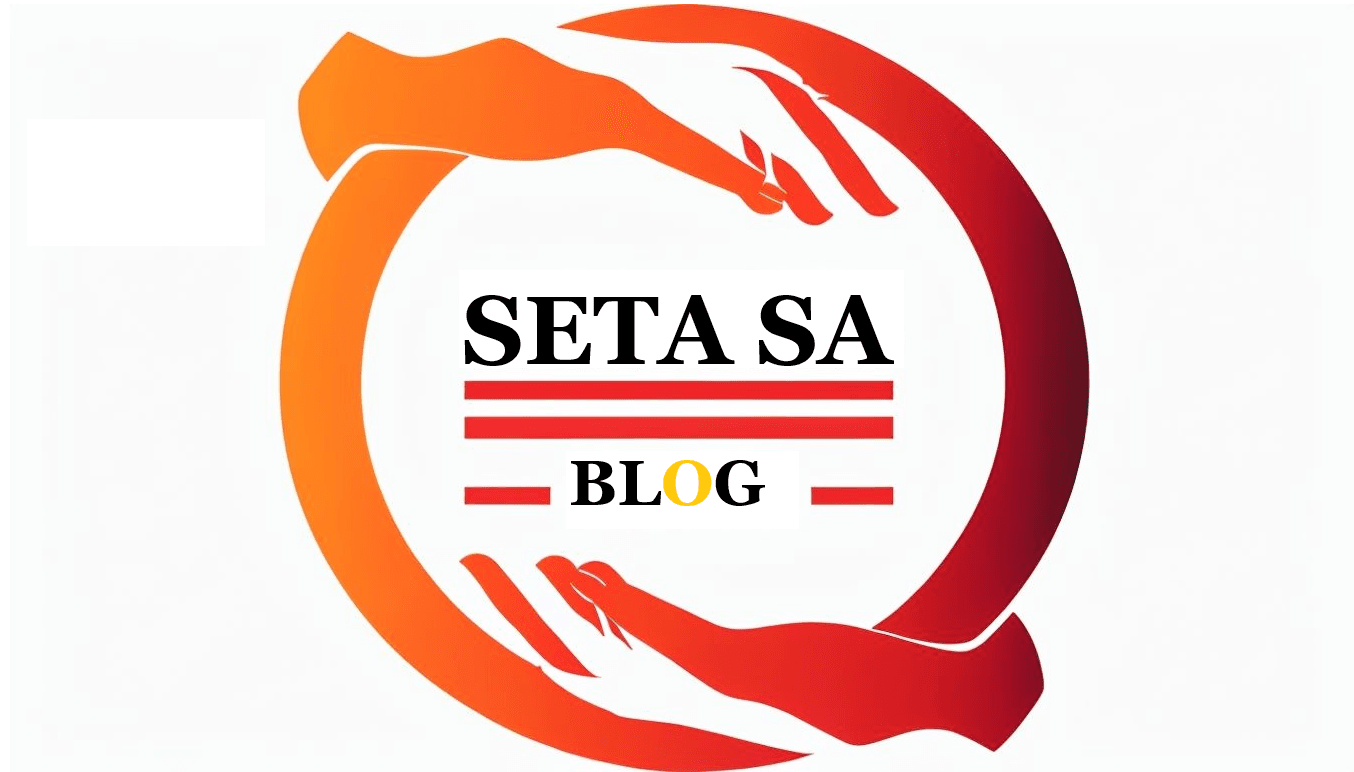SETA Grants You Didn’t Know You Qualify For

Navigating the world of government funding can feel like traversing a complex labyrinth. Especially when it comes to SETA (Systems Engineering and Technical Assistance) grants, many potential applicants are unaware of the diverse range of opportunities available to them. These grants, designed to support research, development, and implementation of innovative technological solutions, often go untapped by organizations that could greatly benefit from their resources.
At [Your Company Name], we’re passionate about helping organizations unlock their full potential through strategic grant funding. We’ve compiled a list of lesser-known SETA grants that you might qualify for, regardless of your industry or size.
SETA Grants for Small Businesses
Small businesses often face a unique set of challenges when it comes to securing funding. Fortunately, several SETA grants are specifically tailored to support the growth and innovation of small enterprises.
SBIR and STTR Programs
The Small Business Innovation Research (SBIR) and Small Business Technology Transfer (STTR) programs are two of the most prominent SETA grant opportunities for small businesses. Funded by various federal agencies, these programs offer significant financial support for research and development projects with high commercialization potential.
Eligibility Criteria:
*
- Be a for-profit small business concern, as defined by the SBA.
- Have a primary place of business in the United States.
- Meet specific size standards based on industry and revenue.
Application Process:
The application process for SBIR and STTR grants typically involves several phases, starting with a Phase I grant to conduct preliminary research and development. Successful Phase I awardees can then apply for Phase II funding to further develop their technology.
State and Local SETA Grants
Beyond federal programs, many states and local governments offer their own SETA grants to support small businesses. These grants often focus on specific industries or regional economic development initiatives, providing valuable funding opportunities for targeted sectors.
SETA Grants for Nonprofits and Educational Institutions
Nonprofit organizations and educational institutions play a vital role in advancing scientific research and technological innovation. SETA grants offer a valuable mechanism for these entities to secure funding for projects that benefit the public good.
Cooperative Agreements
Federal agencies often utilize cooperative agreements to partner with nonprofits and educational institutions on research and development projects. These agreements provide a collaborative framework for sharing resources, expertise, and funding.
Benefits of Cooperative Agreements:
*
- Access to expert technical assistance and guidance from government agencies.
- Opportunities to leverage complementary resources and expertise.
- Potential for increased visibility and recognition for the organization’s work.
Foundation Grants
Private foundations often support SETA initiatives through grants focused on specific research areas or societal challenges.
Identifying Relevant Foundations:
*
- Research foundations with a history of funding SETA projects.
- Network with other organizations involved in similar research areas.
- Consult with grant writing professionals for guidance on identifying potential funding sources.
Maximizing Your Chances of Success
Securing a SETA grant requires careful planning, a compelling proposal, and a thorough understanding of the funding landscape. Here are some key tips to maximize your chances of success:
Develop a Strong Project Proposal
Your grant proposal should clearly articulate the project’s goals, objectives, methodology, and expected outcomes. Highlight the project’s potential impact and align it with the funding agency’s priorities.
Build Relationships with Funding Agencies
Networking with program officers and other stakeholders at funding agencies can provide valuable insights into their funding priorities and application requirements.
Seek Expert Guidance
Consider partnering with a grant writing consultant or seeking assistance from your local Small Business Development Center (SBDC).
Don’t let the complexities of SETA grants discourage you from pursuing funding opportunities that could significantly advance your organization’s mission. By understanding the diverse range of available grants and implementing a strategic approach, you can unlock the resources needed to drive innovation and make a lasting impact.





